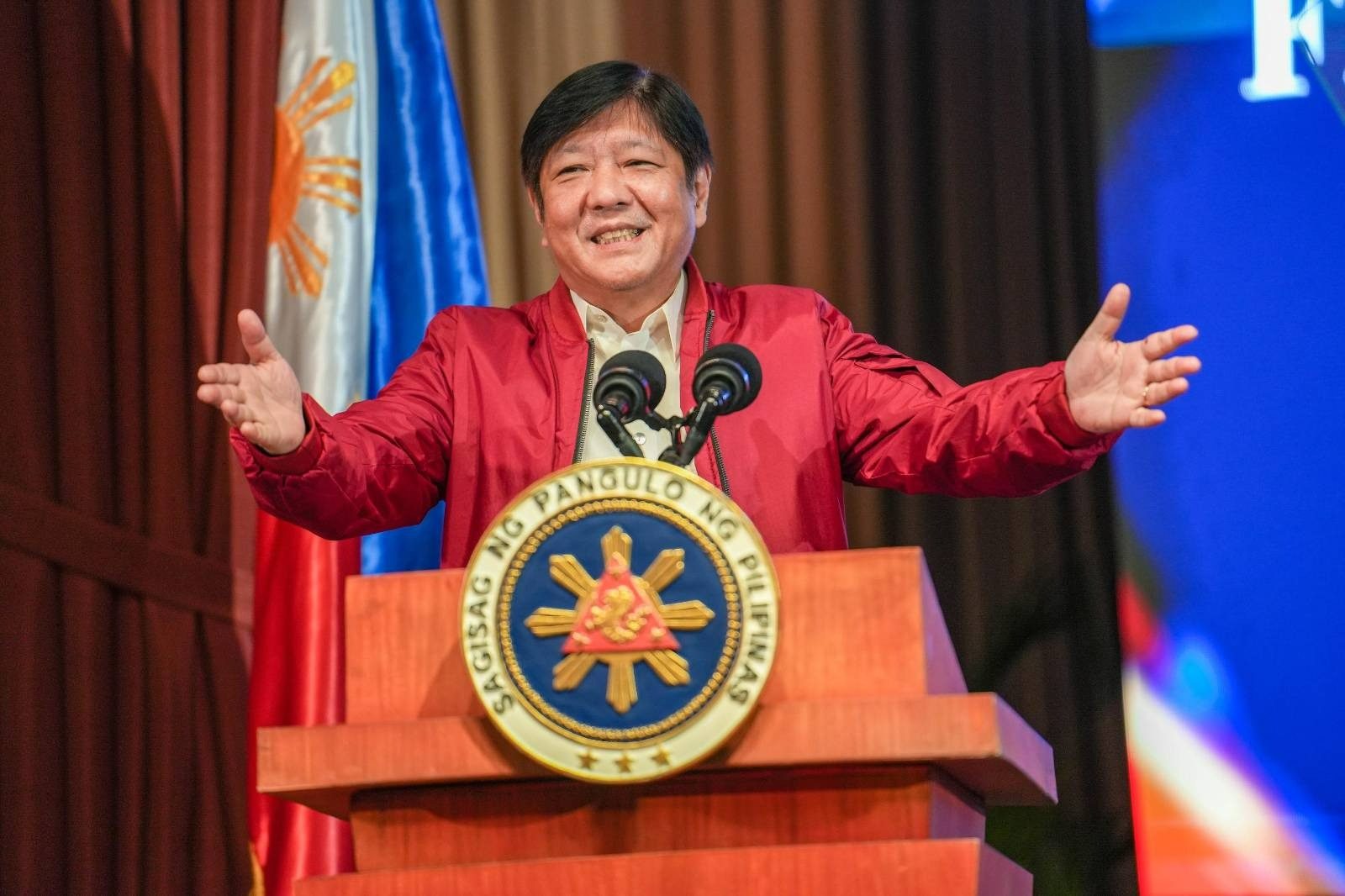SUMMARY
This is AI generated summarization, which may have errors. For context, always refer to the full article.

MANILA, Philippines – President Ferdinand Marcos Jr. and his economic team outlined their medium-term plans for business and the economy, emphasizing the need for digitalization and more partnerships with the private sector to reduce inequalities.
Marcos approved the Philippine Development Plan (PDP) 2023-2028, which serves as the country’s guide for socioeconomic development over the medium term.
Any big-ticket projects that the government will pursue will have to be tied to the goals of the PDP.
Past administrations, through the National Economic and Development Authority (NEDA), have released similar economic blueprints.
But what sets Marcos’ plans apart from past PDPs is its emphasis on digital transformation, according to NEDA Assistant Secretary for Policy and Planning Sarah Lynne Daway-Ducanes.
She said the pursuit of digital transactions in government will result in more efficiency, transparency, and “fewer opportunities for corruption.”
Leveraging the role of the private sector, particularly in housing, transport, and the digital sector, is another departure from the previous PDP.
Marcos’ predecessor Rodrigo Duterte and his economic team had pushed for official development assistance and loans from other countries for infrastructure projects. But the Duterte administration changed its tune when ODA processes were deemed sluggish.
Other salient points of the new PDP include supporting industries like information technology, creatives, and tourism, and the devolution transition plan for local governments.
Global uncertainties
Marcos will have to win back the trust of the private sector after Duterte’s tirades against some tycoons adversely affected business sentiment and soured ties.
Some business leaders even went on to say that the government should honor contracts and not change terms midway.
The Institute for Management Development recently found that the Philippines continues to lag behind its neighbors in terms of competitiveness, placing 13th among the 14 Asia-Pacific economies for the fifth straight year. Corruption is among the reasons cited for the sustained low ranking.
Global uncertainties and an investment slowdown will also be roadblocks for Marcos’ aspirations.
The World Bank earlier noted that the global economy will experience its “steepest decline” in growth over the next two years.
A big majority or 63% of economists expect a global recession, which means that investors will likely hold on to cash and avoid expansion.
Targets
Socioeconomic Planning Secretary Arsenio Balisacan said the PDP would help the government attain its targets, which include lowering the poverty rate to 9% by 2028 from 18.1% in 2021.
They also aim for the unemployment rate to go down to around 4% to 5% from the 8% in 2021.
The inflation rate target was kept at 2% to 4%. As of November, inflation had hit 8%, a 14-year high.
“Ultimately, the plan’s goal is to reinvigorate job creation and accelerate poverty reduction by steering the economy back to its high-growth path and, more importantly, effect economic transformation toward a prosperous, inclusive, and resilient society,” Balisacan said. – Rappler.com
Add a comment
How does this make you feel?



![[Just Saying] SONA 2024: Some disturbing points](https://www.rappler.com/tachyon/2024/07/TL-marcos-sona-points-july-23-2024.jpg?resize=257%2C257&crop=335px%2C0px%2C720px%2C720px)

There are no comments yet. Add your comment to start the conversation.